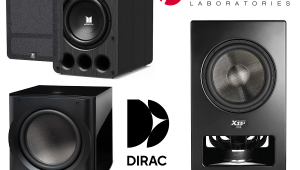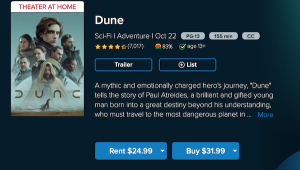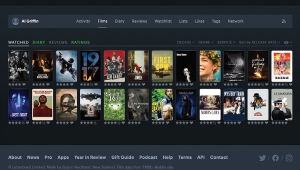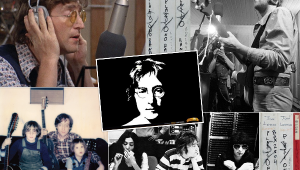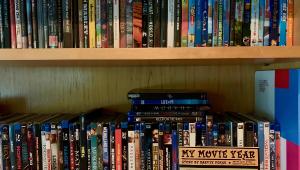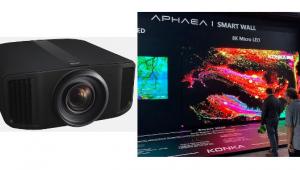Hi-Res Audio's Dirty Little Secret
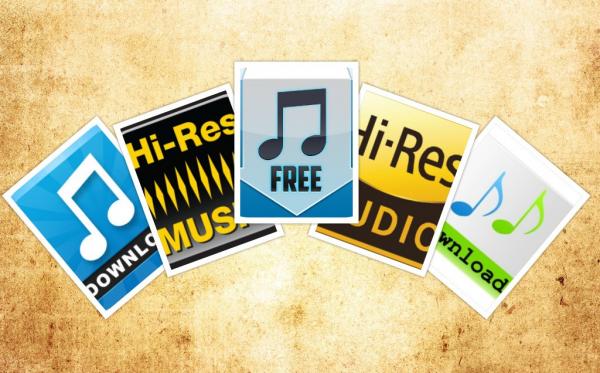
In a recent Signals blog (“Saving Hi-Res Audio”) Ken Pohlmann spotlighted the near-rabid sniping in the audiophile community and the public at large about whether hi-res audio delivers real, discernible benefits. Ken suggested that if the music industry wants hi-res to succeed, they should drop the significant premium now attached to hi-res downloads and charge the same as for any other music file, then reap the benefit of people buying more music because they like engaging with high-quality content.
A number of readers agreed, but one e-mail that stood out came from Rob Hardin, of Cleveland, Tennessee, who, after “drinking the Kool-Aid” (his words) purchased an AudioQuest DragonFly (one of our highly recommended budget USB DAC/headphone amps), a pair of PSB headphones (also recommended), Pure Music library management software, and (again, his words) “several hi-res downloads.”
“I was not impressed,” he wrote. “The music did not make me smile. Music, if well done, should make us smile. Maybe it was my old ears. So, I solicited my much younger brother as we are both practicing, amateur audiophiles. My brother could not tell the difference between the hi-res and my normal CDs, either. Is it snake oil? Well, I do not know. But I am through with hi-res purchases at $17.95 a pop for something I can’t brag about or impress my brother with.”
Hardin did not specify which hi-res files he purchased, but there’s a good chance he fell into a trap, for which I’m ashamed to say we’ve not really warned our readers about to date. Hi-res files are available from many sources, some free, some paid. I’m not here to pass judgment about the record labels and handful of Web retailers who are, for now, reaping whatever profits the market will bear by selling hi-res versions of popular back catalog titles to a still small but dedicated audiophile community. But our reader’s story exemplifies the problem with having music that’s labeled as being something special but delivers only a common—or worse, uncommonly bad—listening experience.
News flash: There are good recordings and bad recordings out there, and as enthusiasts, we’ve always selected our content—whether vinyl LPs, CDs, laserdiscs, DVDs, Blu-rays, and now downloads—based on what we’ve been able to learn from reviews and recommendations about the quality of the music or movie, plus the quality of the recording. Unfortunately, it’s no different with hi-res music; bad production values in the initial recording session or mix don’t get any better just because they’ve been transferred from an analog master into a high-resolution audio format. But the fact that it’s been tagged as, say, 96-kHz/24-bit PCM or DSD, gives the music label and retailer license to sell that as a high-quality listening experience. Even worse, the music industry has been guilty of either knowingly or unknowingly taking 44-kHz/16-bit CD-quality digital masters, upsampling these to higher-than-CD-quality files, and selling those as hi-res.
Fortunately, the Recording Academy (best known to you as the folks who administer the Grammys), the Digital Entertainment Group, the CEA, and the RIAA all realize what’s at stake here. The RIAA recently announced a new “Hi-Res Music” logo to be associated with finished files at retail to officially define “lossless audio capable of reproducing the full spectrum of sound from recordings which have been mastered from better-than-CD quality (48-kHz/20-bit or higher) music sources which represent what the artists, producers, and engineers originally intended.” That’s a good start, but what the logo can’t do is tell you which analog or hi-res digital masters sucked to begin with. For that, you can read our reviews or the hi-res forums online. Kinda like the old days.



